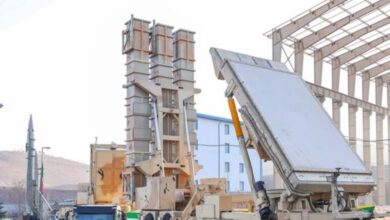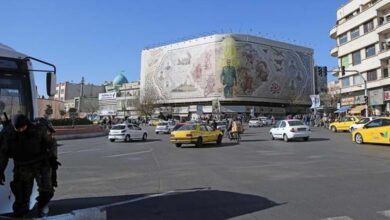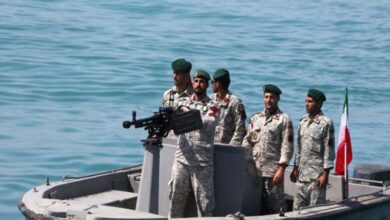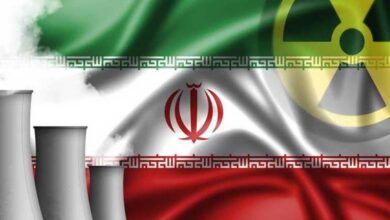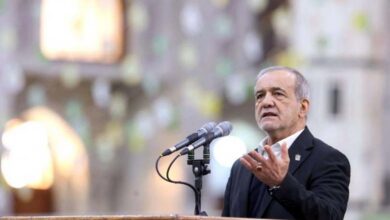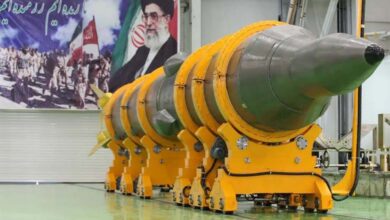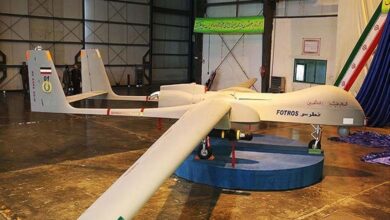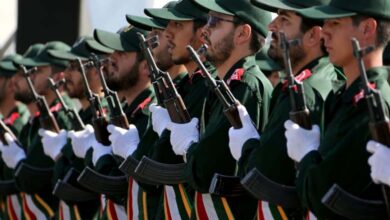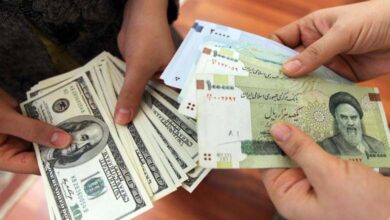Iran continues uranium enrichment, ignoring pressures
A confidential report from the International Atomic Energy Agency (IAEA) indicates that Iran has increased its stockpile of highly enriched uranium in recent months.
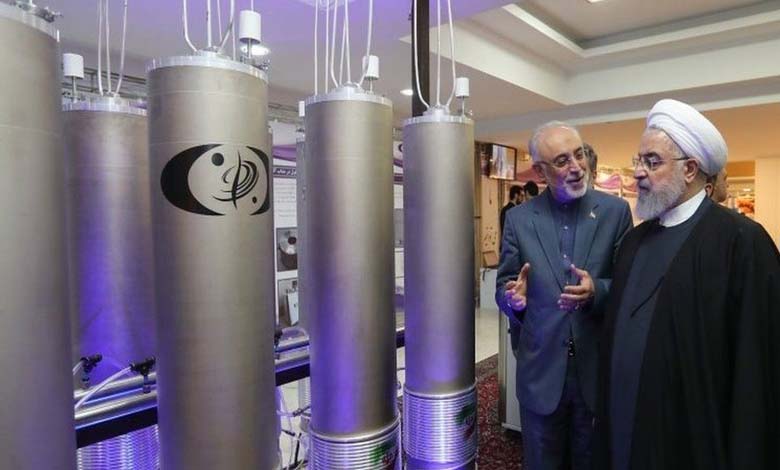
A secret IAEA report released this Thursday reveals that Iran has expanded its stockpile of highly enriched uranium over the past few months, continuing to extend its nuclear program, despite denying any intention to build an atomic bomb.
-
Iran Warns Atomic Energy Agency Against Issuing a Resolution Against Its Nuclear Program
-
Gaza war diverts Washington from curbing Iran’s nuclear program
After years of deteriorating relations with Tehran, IAEA Director Rafael Grossi expressed his “desire to visit Iran soon to establish a smooth and constructive dialogue leading to concrete results.”
In the confidential document prepared ahead of the Board of Governors meeting, scheduled to start on September 9 in Vienna, the UN headquarters, Grossi lamented Iran’s lack of cooperation.
-
Before the expiration of UN Security Council sanctions, Congress is discussing a new bill imposing sanctions against Iran’s nuclear program
-
Iran’s Nuclear Program Has Crossed ‘All Red Lines’, Says Israel PM
He had visited Iran in early May amid renewed concerns about the Islamic Republic’s intentions in a tense geopolitical atmosphere, but the assassination of Iranian President Ebrahim Raisi led to the suspension of talks.
Since then, Iran’s nuclear program has continued to gain momentum, despite Tehran’s denial of seeking to acquire nuclear weapons.
-
Information’s about the Iran’s nuclear program
-
Washington Secretly Warns Tehran of Suspicious Nuclear Activities
The UN agency’s report states that reserves of uranium enriched to 60% had reached 164.7 kg by August 17, compared to 142.1 kg in May, while producing a nuclear weapon requires enrichment levels of up to 90%.
The stockpile of uranium enriched to 20% also significantly increased, reaching 813.9 kg (compared to 751.3 kg three months earlier).
-
What Are the Key Expected Scenarios for the Nuclear Deal After the Iranian Elections?
-
European Powers Pressure Iran to Halt Nuclear Violations
The Islamic Republic has freed itself from the commitments it made under the 2015 international agreement signed with the United States, China, Russia, France, Germany, and the United Kingdom.
The agreement was intended to regulate Iran’s nuclear activities in exchange for lifting international sanctions, but it collapsed after former U.S. President Donald Trump decided to withdraw from it in 2018. Negotiations in Vienna to revive it in the summer of 2022 failed.
-
Iran’s Nuclear Calculations Become More Dangerous After Escalation with Israel
-
Joint British, French, and German statement on Iran’s approach to nuclear weapons… What was stated?
In addition to expanding its nuclear activities, Iran has significantly reduced site inspections by the IAEA, disconnected surveillance cameras, and revoked the accreditation of a team of experts.
The IAEA report states that all these actions “undermine” the agency’s ability to guarantee “the peaceful nature” of Tehran’s nuclear program.


